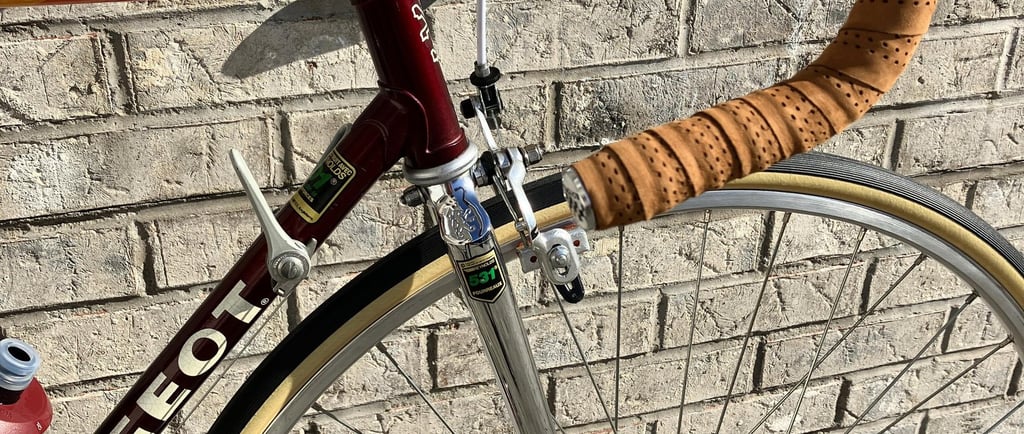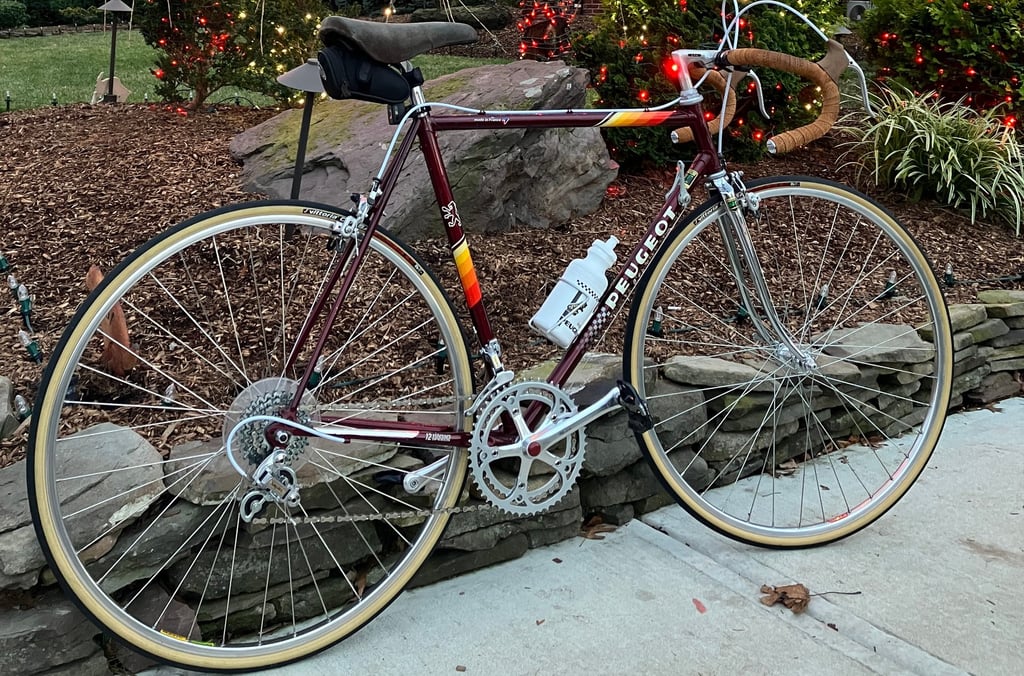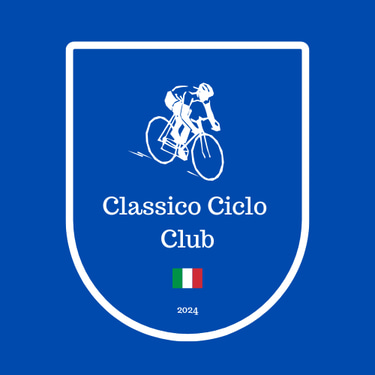Enjoy riding Peugeot classic bikes: why ?
Discover the joy of classic cycling with Classico Ciclo Club! Join fellow enthusiasts in NJ/NYC for vintage bike rides, camaraderie, and a love for ciclissmo. Experience the thrill of the 70s-90s biking culture while enjoying espresso with friends. Let's ride together and celebrate our passion!
5/8/20241 min read


Peugeot Pro Team
Early on, the Peugeot family saw the value of publicity in sponsoring racing cyclists. Paul Bourillon became the world sprint champion in Copenhagen in 1896 on a Peugeot bicycle. The family also backed riders in numerous road races and in 1905 sponsored its first Tour de France winner, Louis Trousselier.
After the first Tour de France win, the Peugeot cycling team remained active in the Tour and other European cycle races. Peugeot would go on to become the most successful factory team of all time in the Tour de France, winning the race a record ten times. Like some other large European bicycle manufacturers, Peugeot was not above purchasing handcrafted team racing bicycles, fabricated by small independent craftsmen such as Masi, which were then painted and outfitted to resemble standard Peugeot factory production models.[1]
Peugeot and rival marque Mercier were among the last bicycle factories to continue team sponsorship. Rising costs had forced other brands to surrender control of their teams to backers from outside the bicycle industry. Even as most other teams were using Italian Campagnolo components, Peugeot continued to use French ones. Stronglight cranksets, Simplex derailleurs, and Mafac brakes were standard. The last yellow jersey worn by a Peugeot factory rider was in 1983, when Pascal Simon took the lead in the Tour de France until he was forced to drop out due to injury.
By the time of the 1986 racing season, costs in a period of inflation triggered by an oil crisis meant Peugeot's entire racing budget of 1.06 million francs ran out before the season had ended. William Desazar de Montgaillard, director-general of Peugeot, announced that due to lack of financial support, there would no longer be a fully sponsored Peugeot team.


